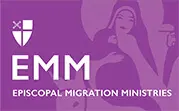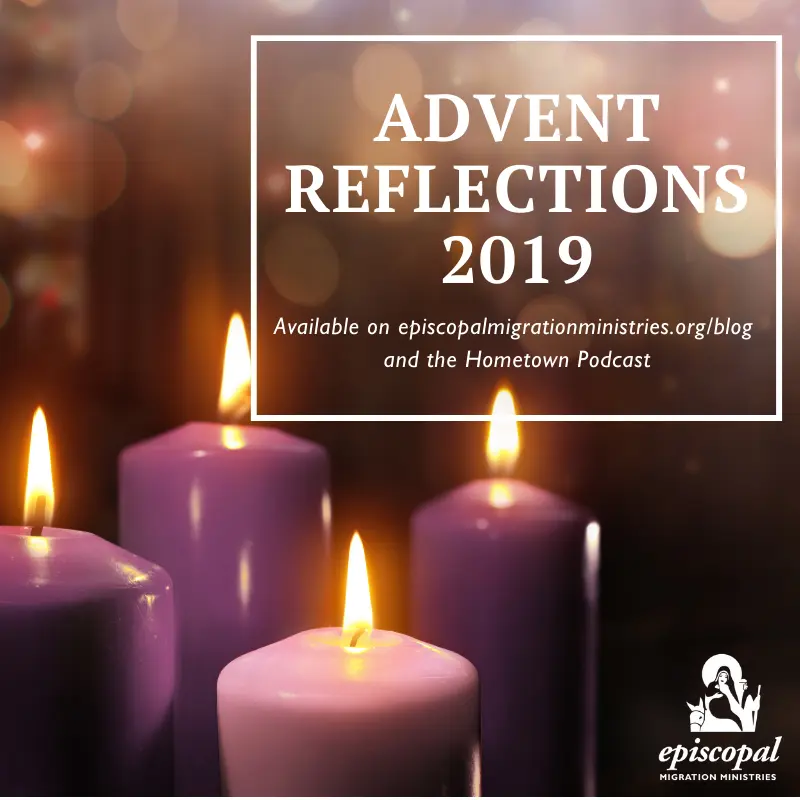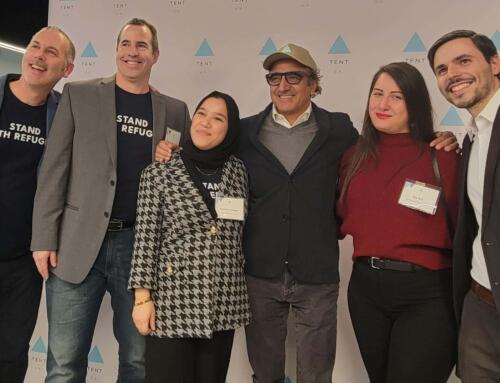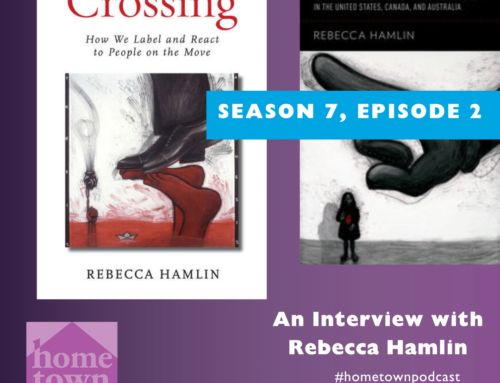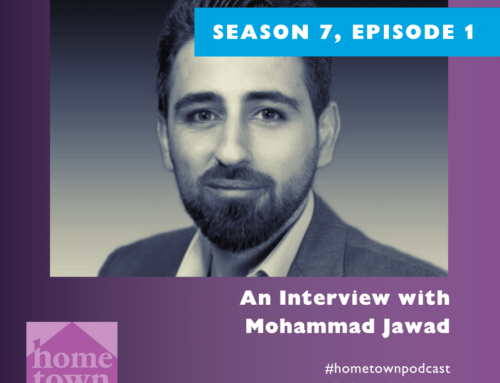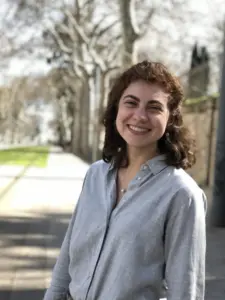
By Tatiana Hoecker
Sunday, Dec. 1, 2019
Matthew 24:36-44
For the past 12 years, I have been working in Honduras as a missionary with Manos de Dios (Hands of God), a mission team based out of my parish in Canyon Lake, Texas. Among the many facets of this mission, the most successful has been a scholarship program to aid students to continue their education past the sixth grade and go onto high school and college. We know that one way to help break the cycle of poverty is through education. This scholarship program is not only providing an opportunity for these students to be able to find a job that supports themselves and their families, but it provides an opportunity for them to stay in Honduras and not travel North to the United States. I believe that through this scholarship program, we are trying to tackle the root of our current immigration problem. Honduras, Guatemala and El Salvador, the countries that make up the Northern Triangle, have been destabilized for many decades by poor policies, lack of infrastructure and violence. I realize that our scholarship program only operates in a small town in Honduras and this problem extends far into other communities, but it is a start. Since 2000, we have been able to positively impact over 200 students and their families, and I am continuously proud of this mission.
Two years ago, I spent a year studying for a Master’s in International Development in Barcelona, Spain and while in my program we discussed the global migration crisis. However, we mainly focused on African and European migration, and less about what was happening in my own backyard in Texas. When I moved back to San Antonio, I knew that I wanted to get involved locally and do what I could to help asylum-seekers. I began volunteering with the Interfaith Welcome Coalition at the Greyhound Bus Station in San Antonio and serving meals to awaiting asylum-seekers in Matamoros with Team Brownsville. I began working with the Diocese of West Texas in the World Mission Department and coordinated a trip to the Texas/Mexico border inviting several bishops, as well as The Episcopal Church staff from Episcopal Migration Ministries, Global Partnerships and the Office of Government Relations. It was an opportunity to learn more about all aspects of the issue by speaking to Border Patrol agents, meeting with local priests, and serving meals with Team Brownsville.
My experiences working globally and locally in this migration ministry remind me of the Gospel reading for the first Sunday in Advent. As stated in Matthew 24:36-44, we cannot know when our Father will return and therefore need to be ready for whenever it happens. Just as Noah felt called to build an ark, we must feel empowered to prepare our communities both local and global for God’s return. I believe that our current immigration situation is not a political issue, but a human rights issue. We are taught to love our neighbor as ourselves and that our faith calls us to respect the dignity of every human being. I understand my neighbor to be all my brothers and sisters in Christ no matter where their home is. I believe this reading also shows us that all people are responsible for change to occur. No one is exempt from trying to prepare for God’s return.
When I am volunteering at the bus station, I speak to families about where they came from and where they are going. My experience in Honduras allows me to picture their homes and communities in my mind. When I think about the emotional and spiritual implications to leave one’s home, journey hundreds of miles, and risk everything just to have a shot at a better life; I am overwhelmed. I am overwhelmed but I am not discouraged, because my Episcopal family believes in welcoming the stranger and walking in love with our brothers and sisters. I am constantly reminded why I am called to this ministry because I see the face of God in every asylum-seeker I meet. I know that prioritizing this ministry and finding ways great and small to make a difference allows us to live into our call to co-create God’s Kingdom on Earth, in anticipation of God’s return. Walking in love is not a temporary state, but one that takes time and effort so that we may be able to fulfill God’s reconciliation of the world.
